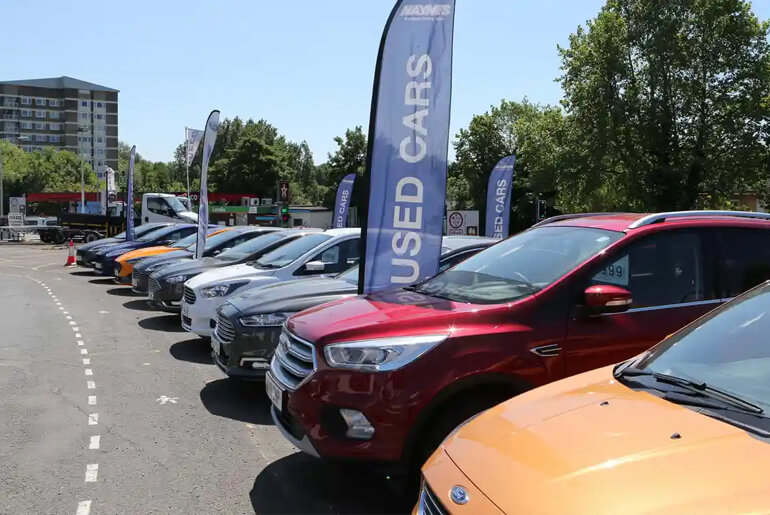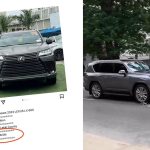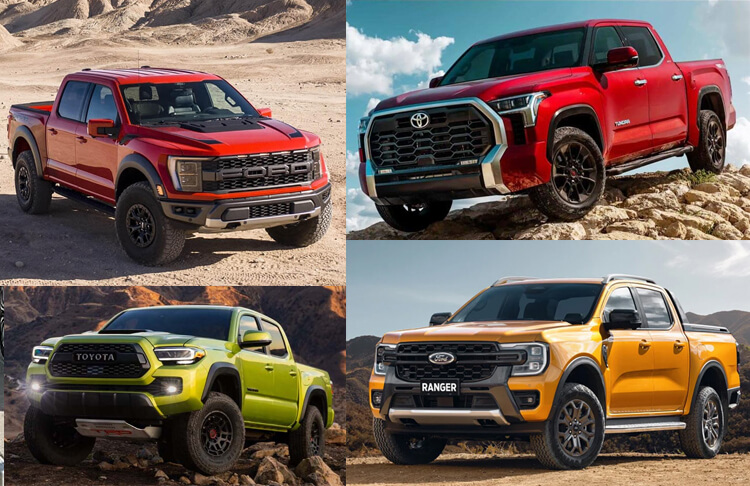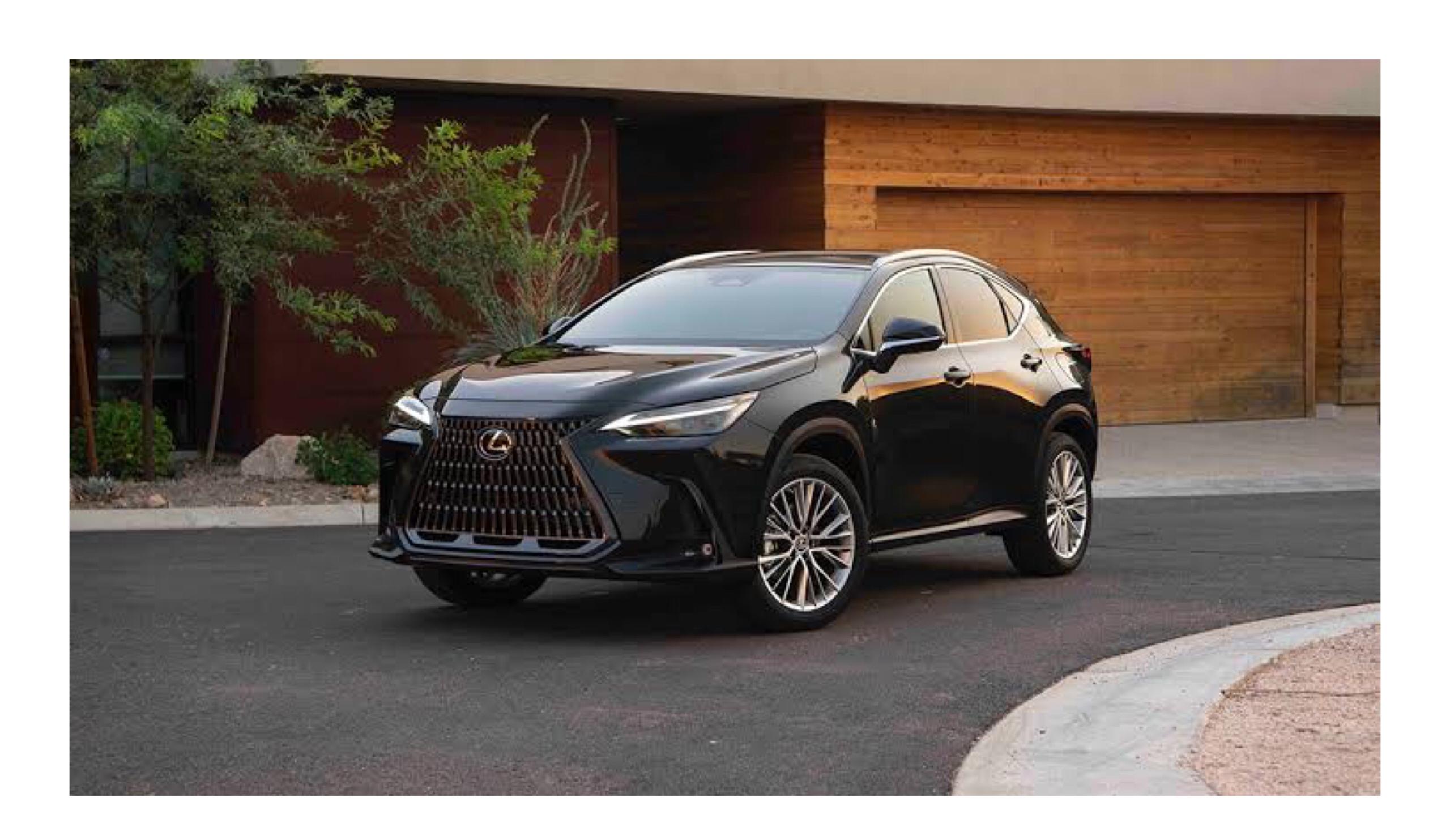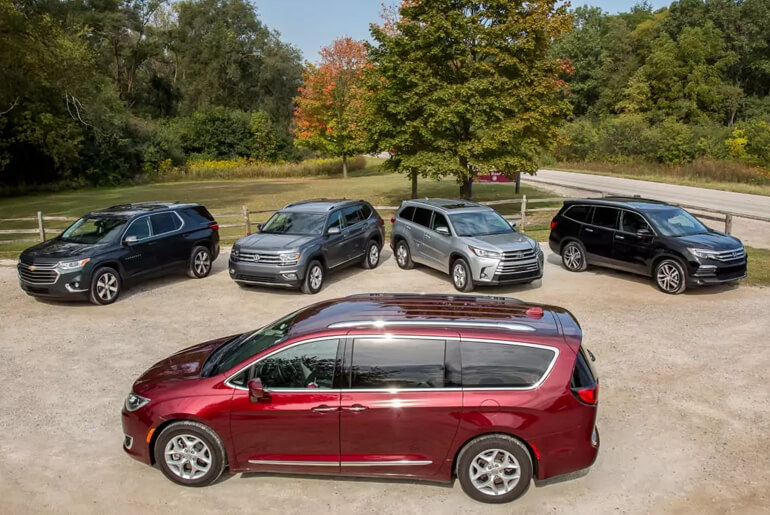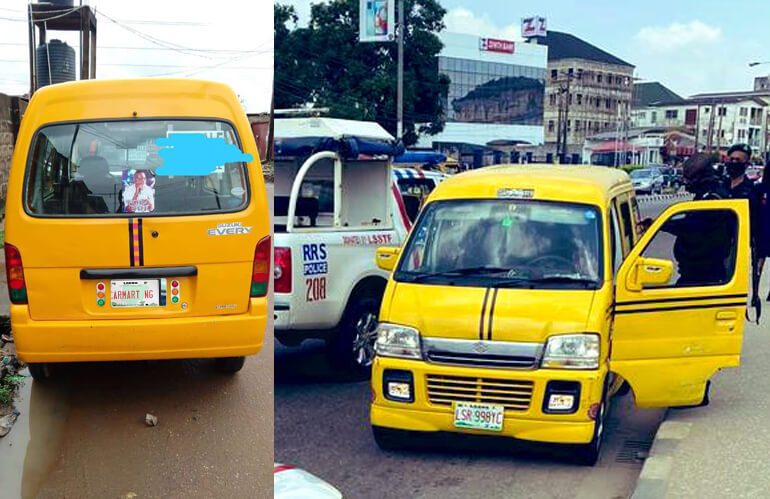Have you been silently wondering why a 2003 Toyota Corolla that already has over 20 years behind it could still sell for over N3 million today? Well, that’s basically the case for many Nigerians who have long dreamt of owning a car over these years with the hope that the older model would be slightly affordable for them.
Table of Contents
But that’s completely not the case. Instead, car buyers in Nigeria are met with ridiculous prices for cars that have even gone off the market.
It’s gotten even more challenging for many car buyers in Nigeria as prices now increase daily, with the price of cars yesterday not being the same thing you’ll get it today. Suddenly, there’s almost no fixed car price anymore! It’s almost crazy for many to imagine.
However, while many Nigerians know one major factor that has immensely contributed to the unstable crazy price of cars in the country, there are many other factors that have largely added to the over 100% increase in car prices in Nigeria today.
Why Used Cars in Nigeria Have Become Expensive
In this article, we take a look at these major factors and how they’ve affected the Nigerian car market and influenced the prices of used cars in the country.
- Used Cars Imported into Nigeria go Through Longer Waits in the US
The United States of America is a major source of used car importation into Nigeria, and West Africa at large. However, the aftermath of the COVID-19 pandemic disrupted the supply chain of a log of essential brand-new car parts. Ports and factories around the world were shut down and production slowed due to the pandemic.
Even though these lockdowns have been relieved, they still affect used car importation into the country today, as it goes through longer vetting processes. According to reports, one of the effects of the pandemic was the shortage of semiconductor chips, hitting not only the auto industry but other industries like electronics and other industries that use semiconductor chips. In turn, this leads to an increased wait time for new vehicles.
- Increased Demand For Used Cars in the US
The COVID-19 pandemic equally increased the need for personal cars in the United States of America leading to a reduction in the amount of used cars being shipped out of the country on a regular basis.
This increase in used car demand in the US many people was due to people no longer being comfortable taking public transport.
The impact of the pandemic on the global economy also meant people’s spending power was reduced. In trying to save money and still buy the exact vehicles they want, global buyers are increasingly settling for used versions of what they want.
As such, used car buyers in Nigeria now have to compete with the already saturated US market in the demand for used vehicles and the competition is no less at online wholesale vehicle auctions. The higher the competition for a vehicle, the higher the auction sale price.
- Increased Naira-to-Dollar Rate
While the above-mentioned issues have incredibly affected the price of cars in Nigeria, none of them has like the increased dollar rates in the country. A huge percentage of vehicles imported into Nigeria come from the US, Europe, and the Middle East, and payment for these vehicles is done in the U.S. dollar.
Due to the widening gap in the exchange rate of Naira to Dollars, stifling Central Bank of Nigeria policies, as well as the scarcity of U.S dollars available in the country, and crazy black market rates, importing vehicles into Nigeria has been a hassle for many car businesses, and those who can end up doubling the prices of these cars.
These car dealers do this to avoid incurring huge business losses. While the Dollar to Naira rate was at N197 as of 2015, today, the Naira exchanges for over N1200 for $1 in the black market (and the price is still increasing).
- Increased Customs Importation Tariff
In January 2021 the Nigerian government revised import duty tariffs for transport vehicles from 35% to 10%. This was meant to be a policy to ease the impact of high naira-to-dollar exchange rates. However, this changed in June 2021 when terminal operators announced a 50% increase in handling charges.
In addition, the impact was cancelled entirely thanks to an additional 15% NAC levy introduced by Nigeria Customs that took the cumulative duty paid on vehicles right back to 35% as if nothing changed
Car dealers have cried out for the increased importation tariff as many note that to clear goods of 20ft, owners will have to pay N6.5 million, and N10.5 million for 40ft goods. While the Nigerian government has made a promise to reduce the custom importation tariff for Nigerians, the agency notes that they still charge the same rate until word has gotten to them through the government.
Conclusion
These are the four major factors that have affected the prices of used cars in Nigeria, with the most contributing factors being the Naira-to-Dollar exchange rate and the custom import tariff levied on car importers.
Have 1 million naira and above to Buy or Sell Cars In Nigeria? Check carlots.ng
All rights reserved. Reproduction, publication, broadcasting, rewriting, or redistribution of this material and other digital content on carmart.ng is strictly prohibited without prior express written permission from Carmart Nigeria - Contact: [email protected]

